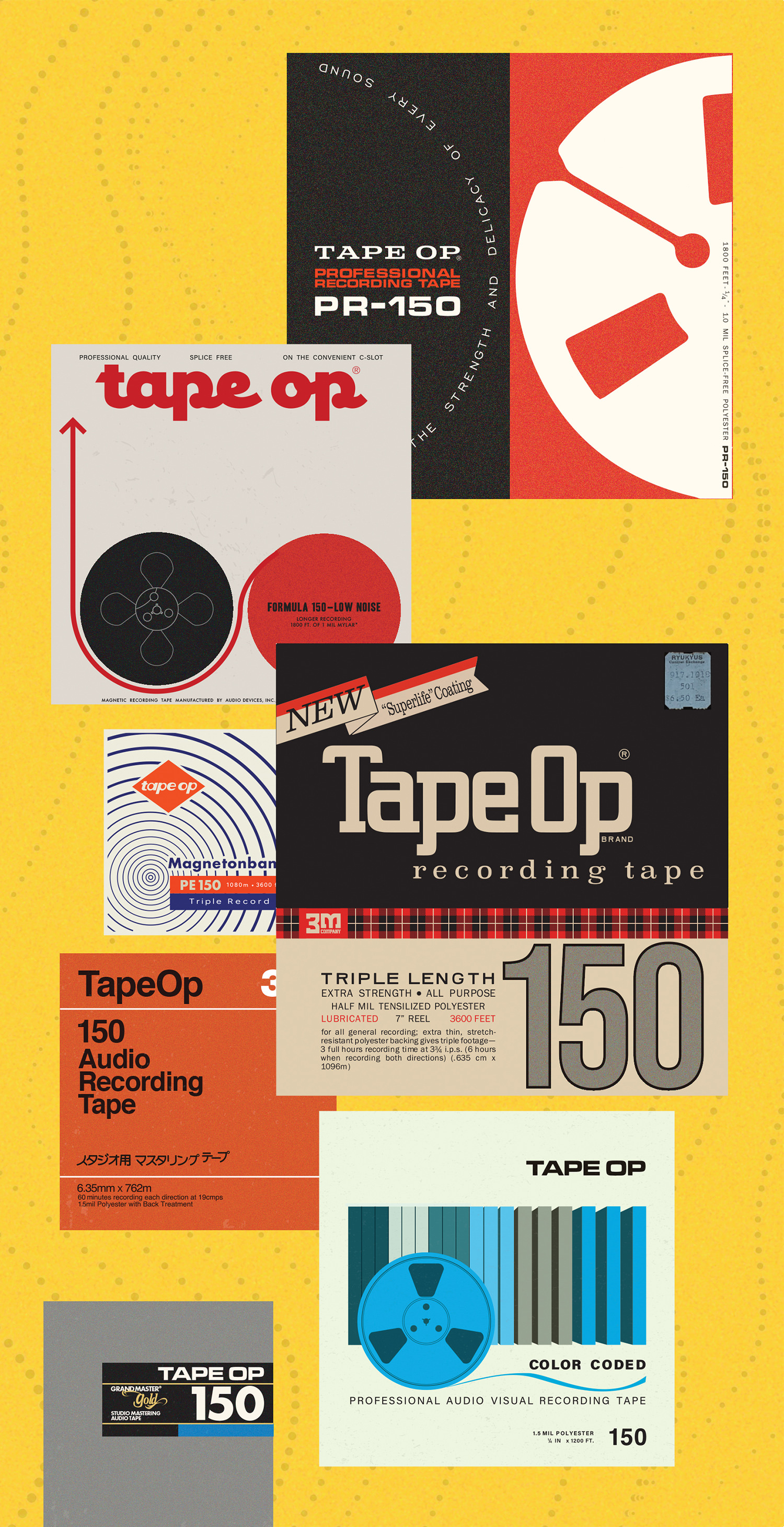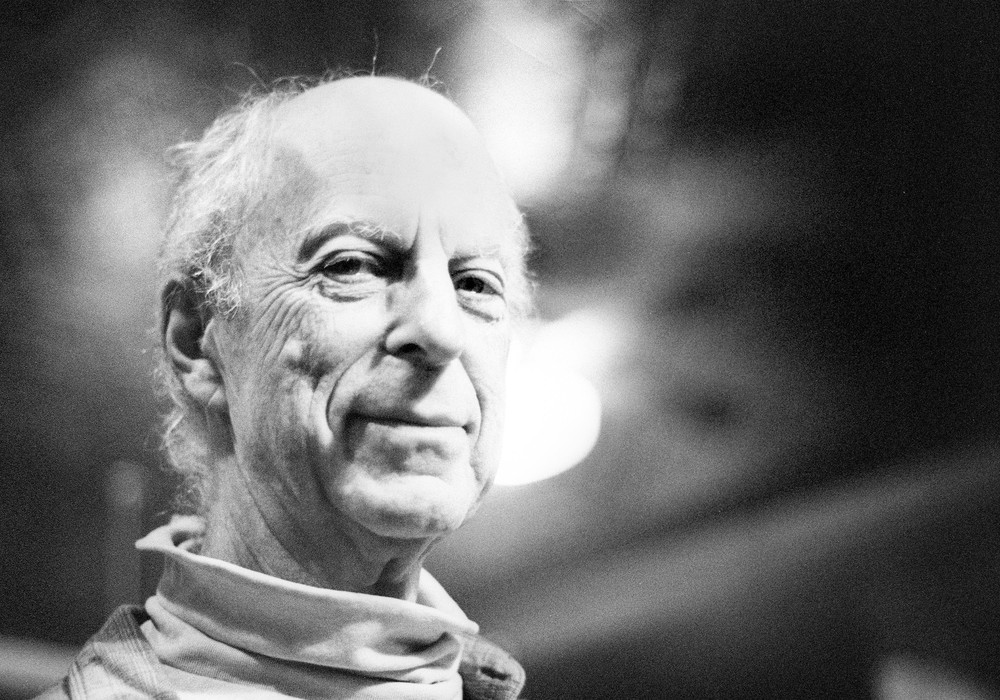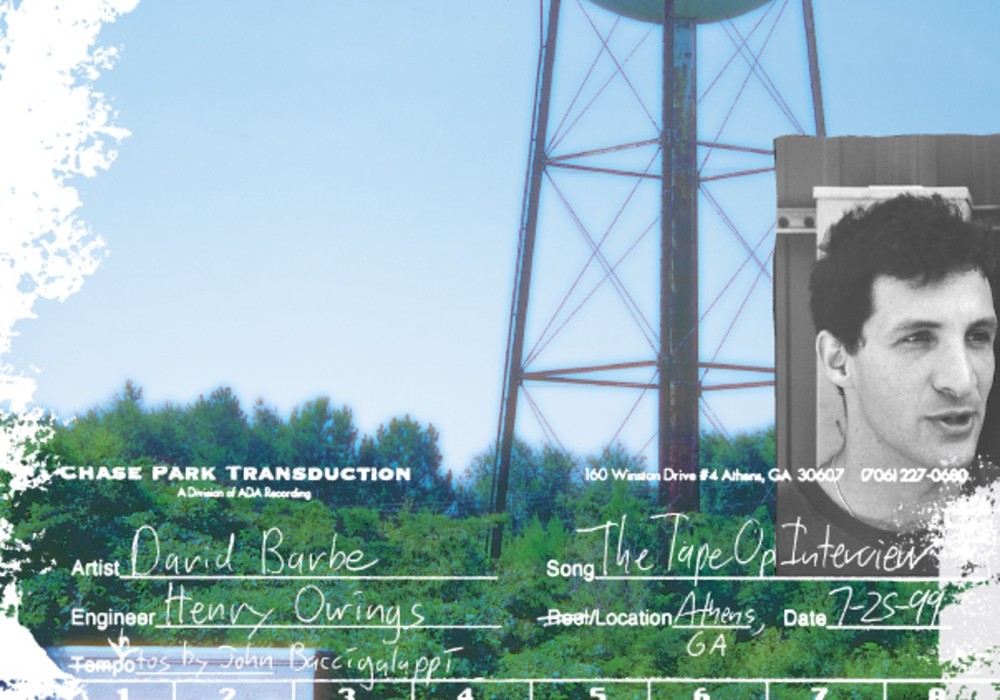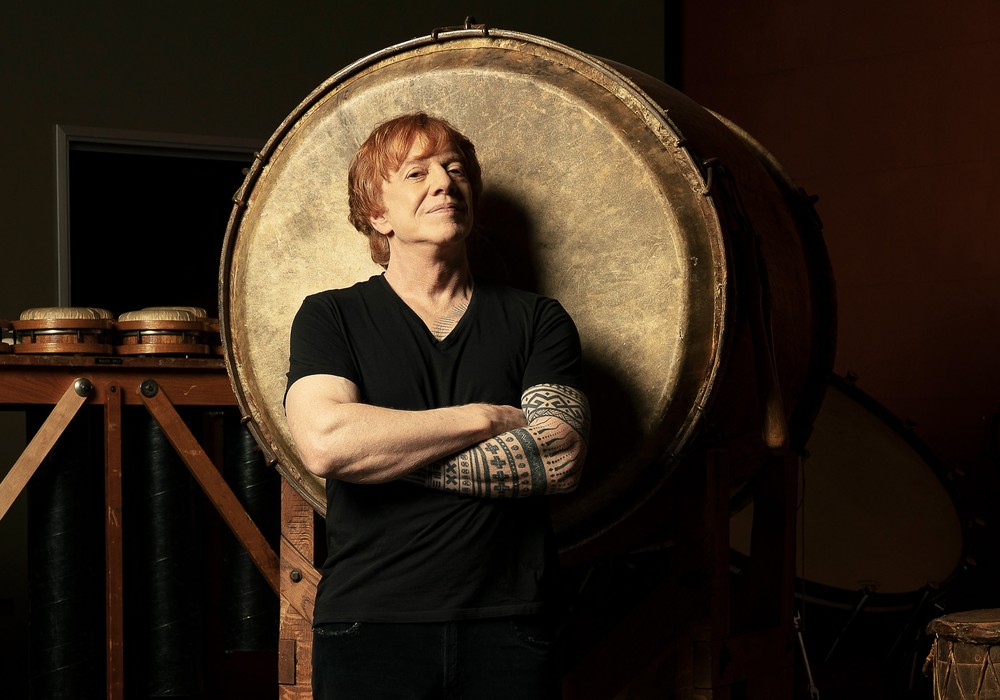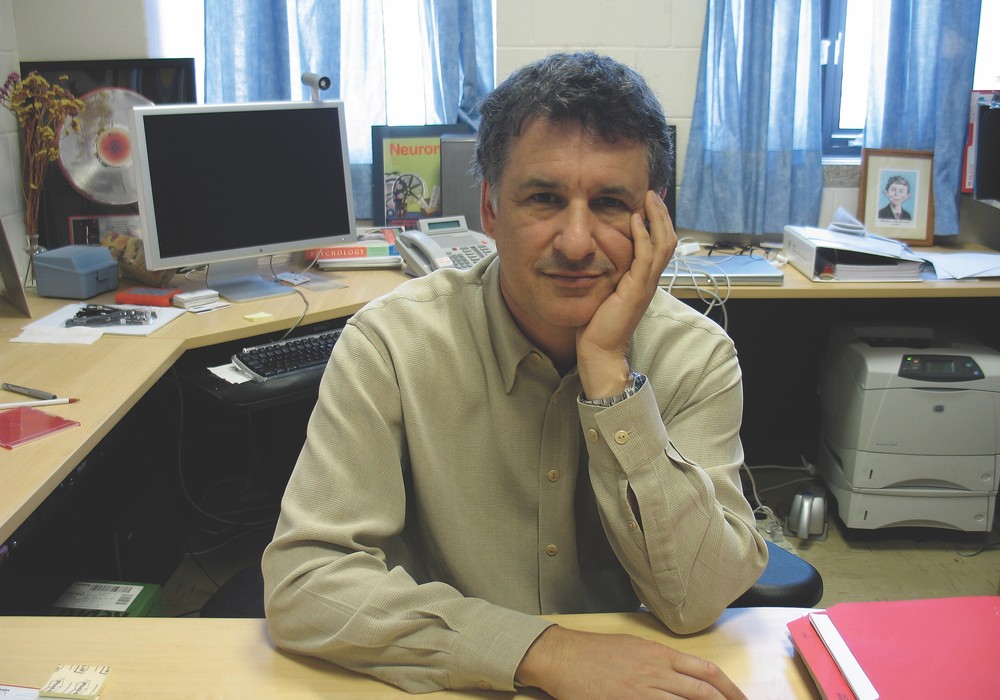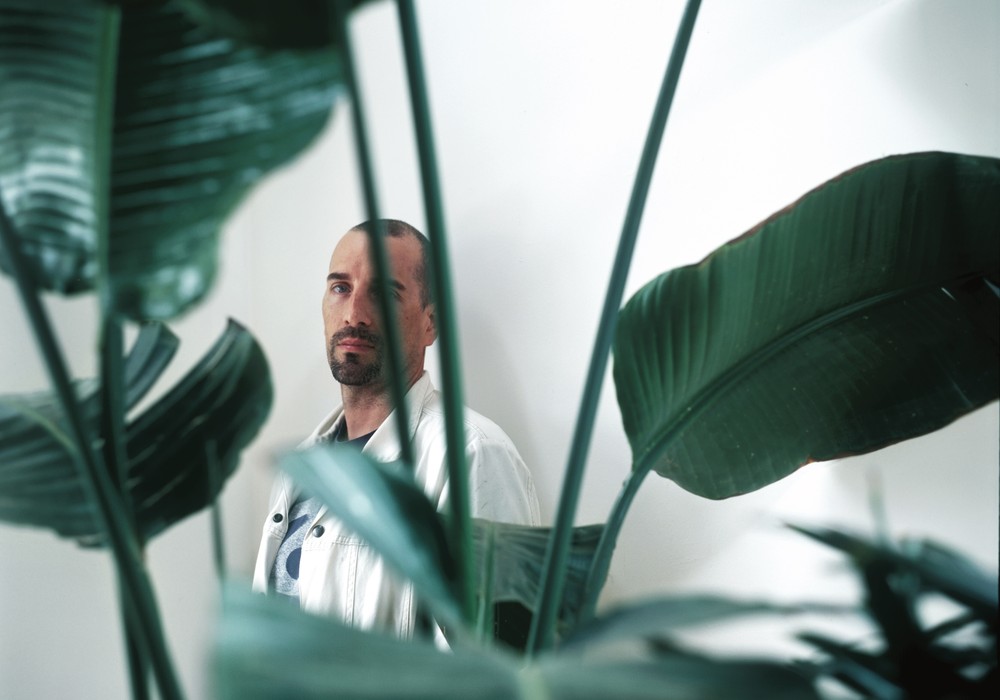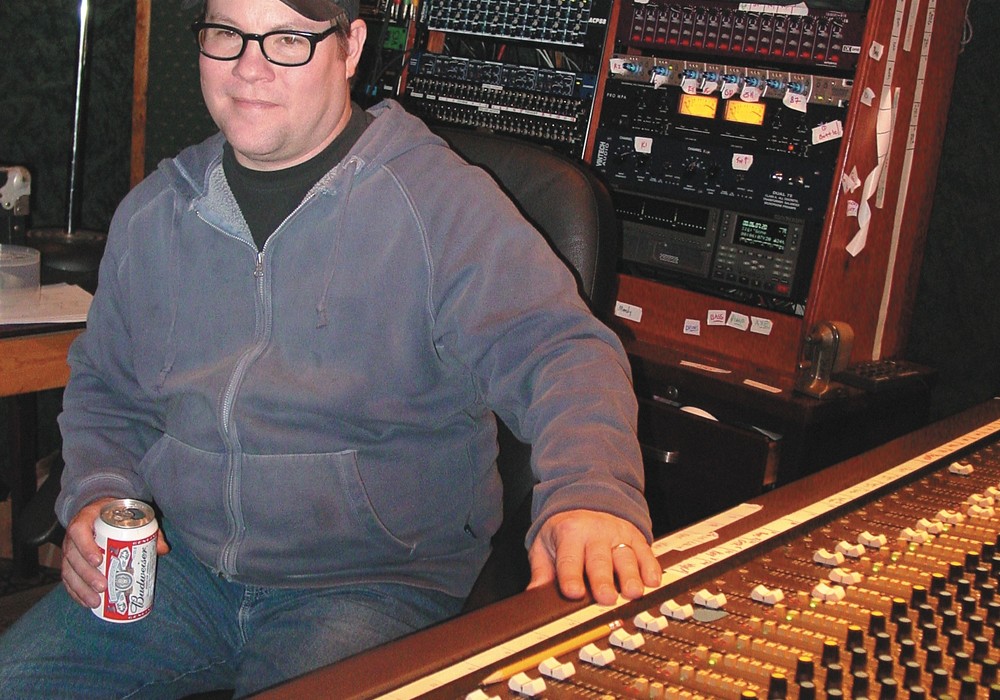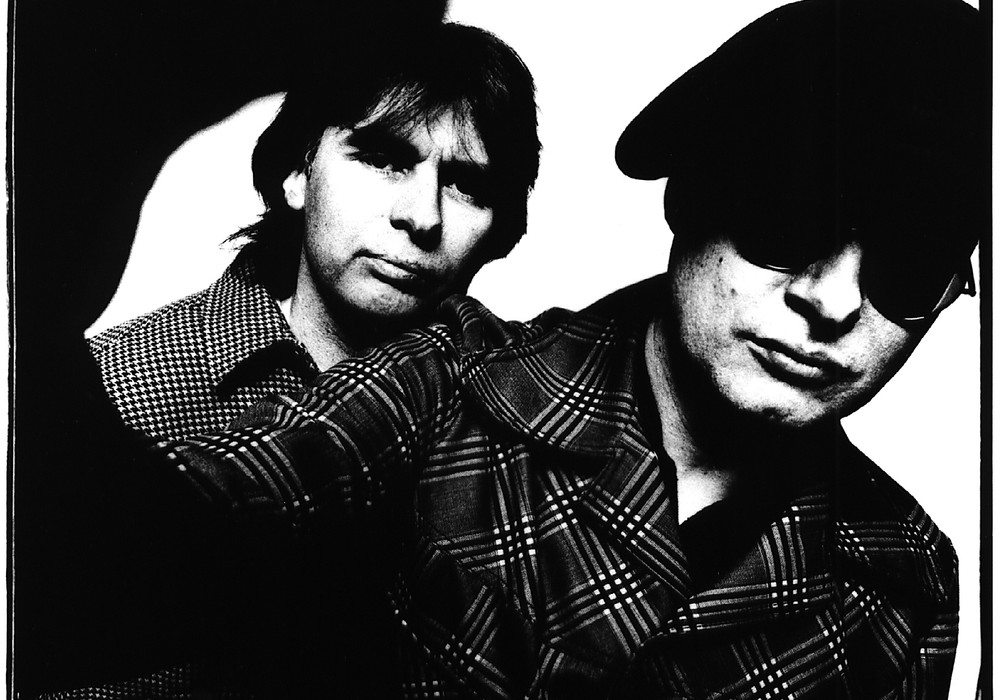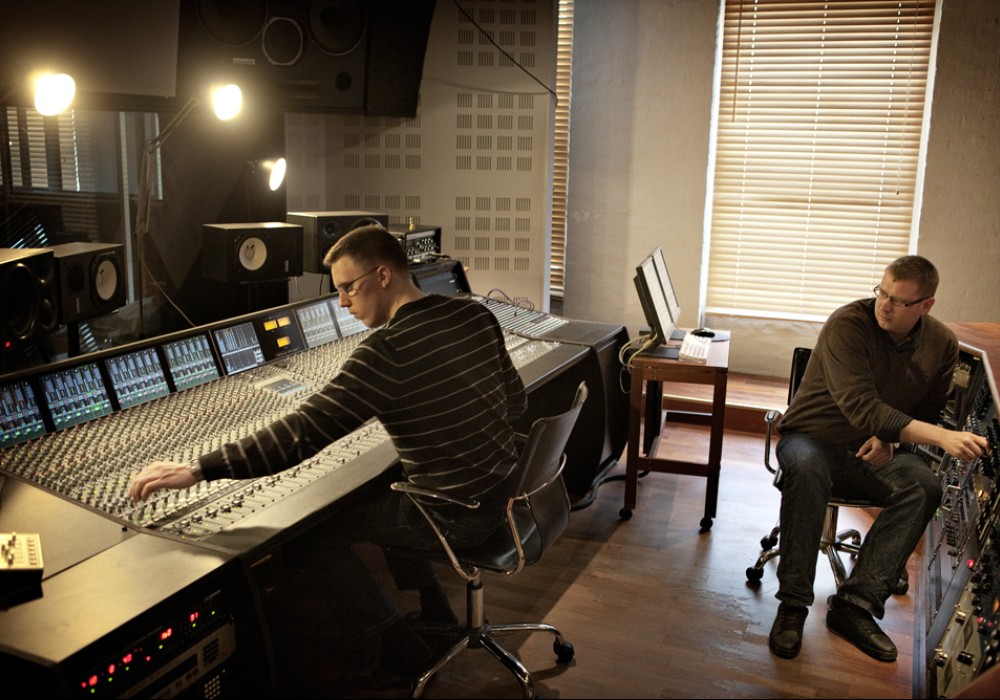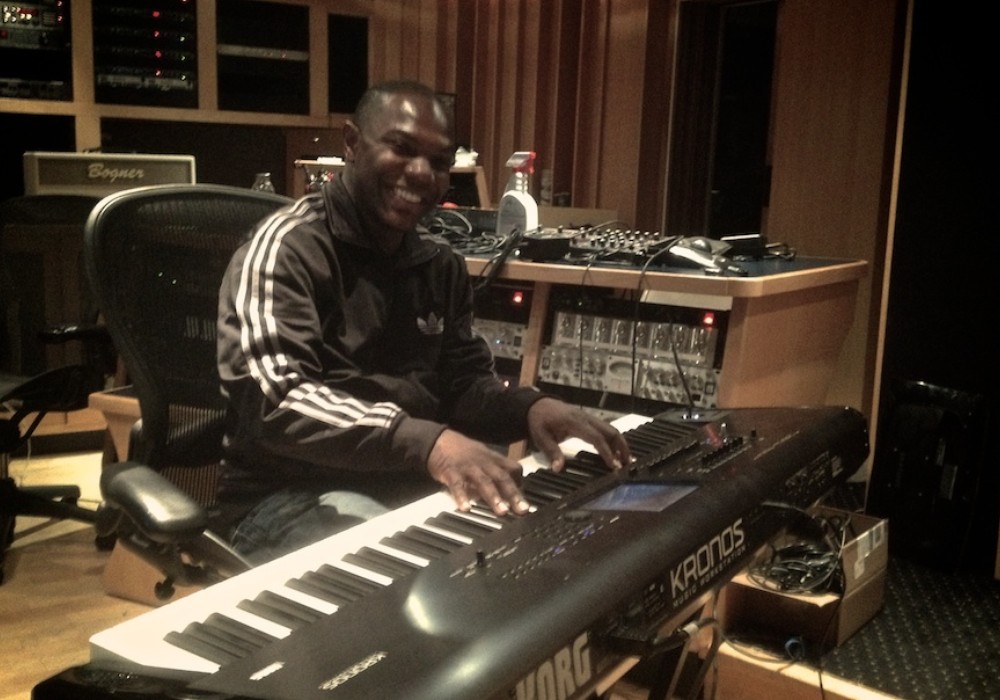The credits add up. Seminal, massively important, and popular works for Simon & Garfunkel, The Band, Janis Joplin with Big Brother and the Holding Company, Blood, Sweat and Tears, and many others were produced by John Simon, yet we rarely hear enough about him. Our pal, Howard Bilerman, interviewed John onstage during the POP Montreal music festival in Montreal, Canada, a number of years ago, and we culled some amazing stories and thoughts from this event. Be sure to check out John’s memoir, Truth, Lies & Hearsay: A Memoir of a Musical Life in and out of Rock and Roll. -LC
The impression I get, from working with you, is that the lyrics of a song have to make sense, and vocals have to be audible and intelligible.
That’s a big part of it. You forgot music! We’ve been talking about some projects that are in the works. My comments about some of those songs have been, as far as the lyrics go, “What are you saying? What is this song about? Let’s get a focus.” Vocals that you can hear? That’s part of communicating. These are small issues, but all part of the big thing of being a record producer. People often say, “What’s a record producer?” I say, “Well, it’s somebody other than the artist, whom the artist trusts, values, and can bounce ideas off of.” In my case, I’m a musician; I am not an engineer at all. I have no idea. Sometimes I’ve written down numbers and letters of microphones, and I’ve lost them, but it doesn’t mean anything to me. I’ve always worked in tandem with an engineer I could trust. I feel that I can get just as moved by a record that was made in the ‘20s with one microphone as I can by a record that was made with every bit of state-of-the-art equipment now.
I specifically asked about lyrics, because I remember you saying if the interpretation of a song is open to the audience, and can vary from person to person, then the songwriter hasn’t done their job.
I sort of feel that way. There are two ways to look at it. But, if they’re leaving it totally open, it’s easier to do that than to focus a song and get people to think what they want them to think, as well as in the order that they want them to think it. They may start off a song that’s about something, and in the middle the listener realizes, “Oh, he’s talking about something else.” They see how it might apply to their life or situations.
In correspondence to me you said, “First thought, best thought.”
That’s about inspiration. Before I was a record producer, starting in Cub Scouts, I wrote my Cub Scout’s den theme song. I’ve been a songwriter since I was that age. I’ve had assignments in my life to write songs. Sometimes, I’ve come up against a brick wall and couldn’t figure out what it was, so I had to go for inspiration. That’s why I brought up “first thought, best thought,” which may or may not be a Buddhist saying. It’s opening your mind, getting all the input needed for the task, realizing it’s all stored there, and then opening up your mind to let some bigger power come in and make you be the agent of what the answer should be. Some people are more gifted agents than others. People have different gifts, as agents for inspiration.
Specifically, you’d told me a story about a guitar solo.
Oh, boy. Okay. I’d done a few albums with The Band. I did the first two [Music From Big Pink and The Band]. I hadn’t done anything with them for years, and then they reconstituted themselves in 1993 – Levon [Helm], Garth [Hudson], Rick [Danko], and new guys – to do an album [Jericho]. Jimmy Weider, who was a very talented player, had taken Robbie Robertson’s place on guitar. We were overdubbing a solo on the song “Remedy” that he wrote with Colin Linden. Jimmy said, “What time do we start?” I said, “How about 11 o’clock?” I show up there at 11 at Levon’s house, which is the studio where we did this album [Levon Helm Studios – “The Barn”]. Jimmy has a dozen amps set up, and as many guitars. I asked what it was all for, and he said, “Oh, I want to try this and this and that.” I said, “Okay. I’ll tell you what. This is your song. You have an idea somewhere in your subconscious of what this should be. Let that all gel and give it your best shot.” He played the solo and said he wanted to fix some notes. He asked me to give him another shot. I said,...
